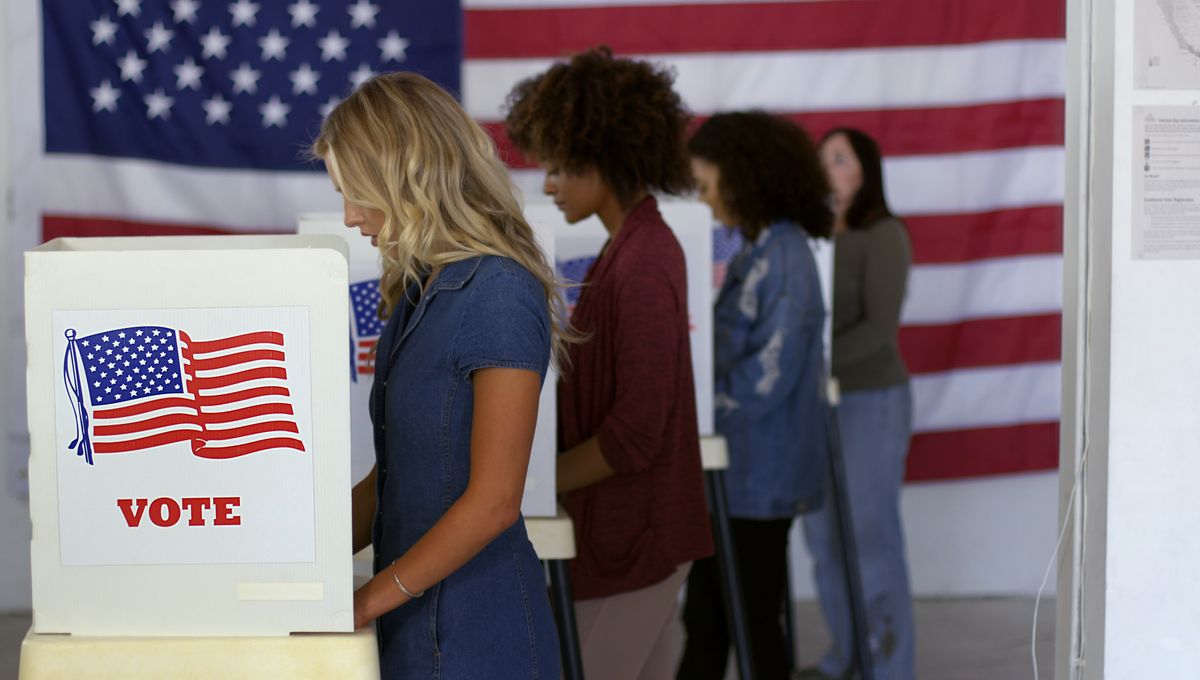
What matters more in voter turnouts: your belief in a party, or how easy it is to vote? According to a new study, people overestimate the former and underestimate the latter, factors referred to as “friction”. Friction plays a major role in elections, but voters don’t see it that way.
The researchers conducted surveys before and after the 2020 presidential election. They interviewed 1,280 eligible voters across 10 states, asking participants to estimate how their turnout – and the turnout of others – was shaped by beliefs and friction.
As reported in Proceedings of the National Academy of Sciences, 91 percent of participants mentioned that the important drivers of turnout are beliefs: political ideology and a sense of civic duty among most. Only 12 percent mentioned the external “friction” factors. These come in many forms, such as long lines at polling places, work schedules, child care constraints, limited poll hours, and more.
“Those may seem like minor barriers, but they do affect whether someone turns out to vote,” lead author Asaf Mazar, from the University of Pennsylvania, said in a statement.
People that underestimated the importance of friction were more likely to be supportive of policies that increase friction and thus reduce the accessibility of voting.
In the last two years, various states have passed or considered legislation that further restricts voter access. These include limits on the period when voters can register, limits to submitting mail-in ballots, plus exact signature matching for voter registration. Some of these measures target underserved communities, in particular people of color.
“The findings have clear implications for policy support,” added Wendy Wood, the study’s principal investigator and psychology professor emerita of the University of Southern California Dornsife. “People who overlooked friction thought that, if you are committed to vote, then you’ll go ahead and do so. That belief seemed to reduce sensitivity to the challenges of voting. If you overlook friction, you don’t see much need to make voting highly accessible.”
Information on voter registration and requirements can be found on the website vote.gov.
Source Link: Americans Don’t Realize How Restrictive Barriers To Voting Are, Survey Shows